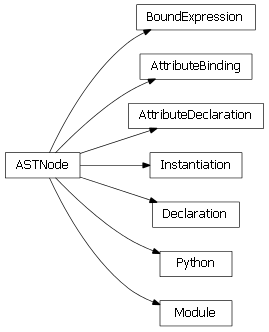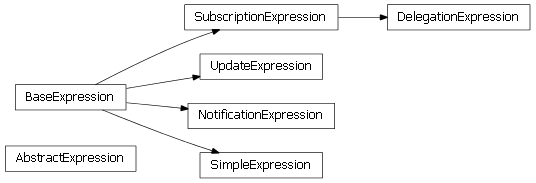Page Contents
- enaml.core
- abstract_expressions Module
- code_tracing Module
- compiler_helpers Module
- declarative Module
- enaml_ast Module
- enaml_compiler Module
- enaml_def Module
- expressions Module
- funchelper Module
- import_hooks Module
- include Module
- lexer Module
- messenger Module
- object Module
- operator_context Module
- operators Module
- parser Module
- trait_types Module
This Page
Quick search
Enter search terms or a module, class or function name.


